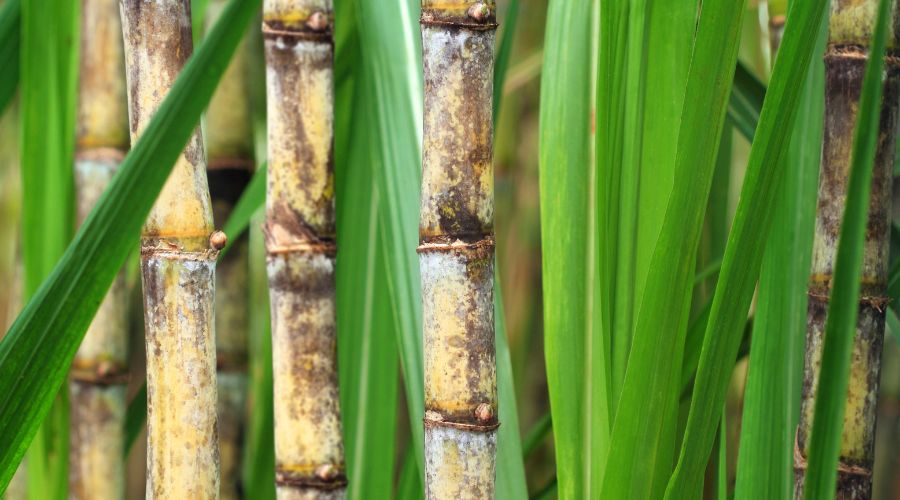Farming community disappointed as ATQ for raw cane sugar in 2025 will be maintained
29th October 2024
The NFU has expressed its disappointment with the recent decision made by the government to maintain the autonomous tariff quota for raw cane sugar in 2025.

Since its implementation in 2021, the ATQ (autonomous tariff quota) has permitted 260,000 tonnes of raw cane sugar each year to enter the UK tariff-free, regardless of origin.
The NFU first registered its opposition to the raw cane sugar ATQ via a public consultation launched upon its introduction in 2021 and has continued to lobby for its removal ever since.
Besides a snap consultation undertaken at the end of 2023 due to the cost-of-living crisis, the 2024 review represents the first time the government has formally consulted on the ATQ since its introduction, NFU said.
The association’s members said that it is therefore disappointing that, despite the significant concerns raised by the UK sugar beet sector, the government has decided to maintain the ATQ at current levels for 2025.
Decision to maintain ATQ
A spokesperson for the government said that following the election, the incoming government committed to completing the consultation process and has carefully considered the responses to the consultation, taking into account the range of stakeholder views as well as the government’s internal analysis.
“The government is mindful of the evidence it received on the functioning of the sugar market and the importance of long-term contracts within this market. Other factors considered included the potential impacts on consumers, producers, exporters and imports; and the UK’s wider strategic trade and development objectives.
“On the basis of the above, the government has decided to maintain the raw cane sugar ATQ for 2025 at the existing volume of 260,000 tonnes and maintain the UK Global Tariff (UKGT) rate at the same level (£280 per tonne for raw cane sugar for refining) to minimise disruption to the sugar market in the short term and balance other concerns.
“The government will make an announcement in due course on the process for determining the ATQ and related considerations for 2026 and subsequent years,” they continued.
The only long-term position
NFU explained that the ATQ constitutes a significant threat to the UK beet sector in pitting it against world sugar produced in ways that are often illegal in the UK.
An association spokesperson said: “The government’s decision again asks homegrown beet growers to go toe-to-toe with major producers such as Brazil, which benefit from a competitive advantage derived from regulatory divergence with the UK.
“Allowing such sugar to enter the UK market tariff-free simply exports the environmental footprint of production while undercutting domestic producers.
“Removal is the only long-term position, in respect of the review of this ATQ, which sufficiently protects UK sugar beet growers from the threat posed.”
NFU Sugar Board chair Michael Sly added that the association will continue to consider a zero-tariff quota for raw cane sugar highly concerning, unjustified, and unnecessary.
“As recently as August, the government committed in its ‘new deal for farmers’ that we would not be undercut by low standards in trade deals.
“British sugar beet growers are some of the most efficient in the world, but allowing tariff free access to sugar from any country, produced in ways that would be illegal in the UK, simply undercuts them. This quota system also undermines the existing preferential access granted to developing countries.
“We remain fundamentally opposed to an ATQ for raw cane sugar, regardless of its size,” he concluded.
Read more arable news.
